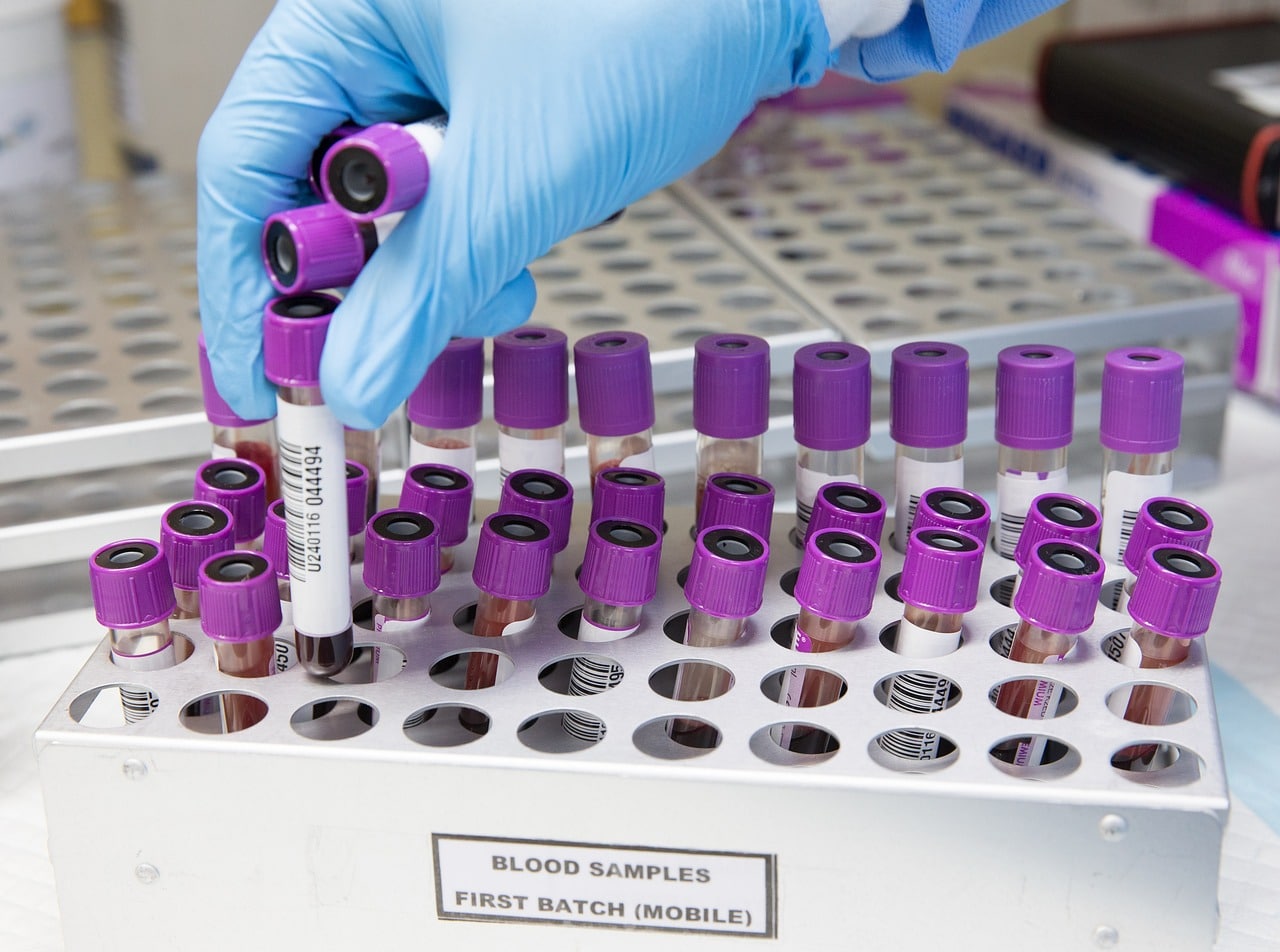By Robert Morgan
Around 1,400 Cypriot patients are estimated to have haemoglobin disorders, the International Thalassemia Federation (ITF) said on Wednesday.
In a statement released to coincide with World Thalassemia Day, they said there are 697 sufferers of beta-thalassemia major and 104 of beta-thalassemia intermedia on the island.
In Greece, eight per cent of the general population carries genes associated with beta-thalassemia, though in some parts 15 to 20 per cent of the population are carriers. Both Greece and Cyprus have seen increased occurrence of beta-thalassemia due to rising migration from places with greater incidence of the disorder, said the ITF. The diseases are not contagious.
Basic treatments for thalassemia are limited for “countless people”, ITF chairman Panos Englezos said, despite the progress that has been made toward treating the disorders.
For World Thalassemia Day, the global movement against thalassemia has called on all stakeholders and society at large to come together to break down barriers preventing thalassemia sufferers from equal access to all treatment options.
The theme for World Thalassemia Day this year is “Empowering Lives, Supporting Progress: Equitable and accessible thalassemia treatment for all”. This emphasises the “critical need” for a joint effort to guarantee patients access to all safe and approved treatments for thalassemia management.
Around 100 million people worldwide carry genes for thalassemia, it is estimated, and around 300,000 infants are thought to be born each year with severe forms of the disease.
The World Health Organisation estimates seven out of ten people suffering from thalassemia worldwide do not have access to regular thalassemia-specific healthcare.
Haemoglobin is found in red blood cells and is responsible for delivering oxygen throughout the body. A common symptom of haemoglobin disorder is fatigue. Patients with beta-thalassemia major suffer severe anaemia from lacking healthy red blood cells, which requires regular red blood cell transfusions.
Patients with beta-thalassemia intermedia suffer mild to moderate anaemia which does not require transfusions – or requires them infrequently.







Click here to change your cookie preferences